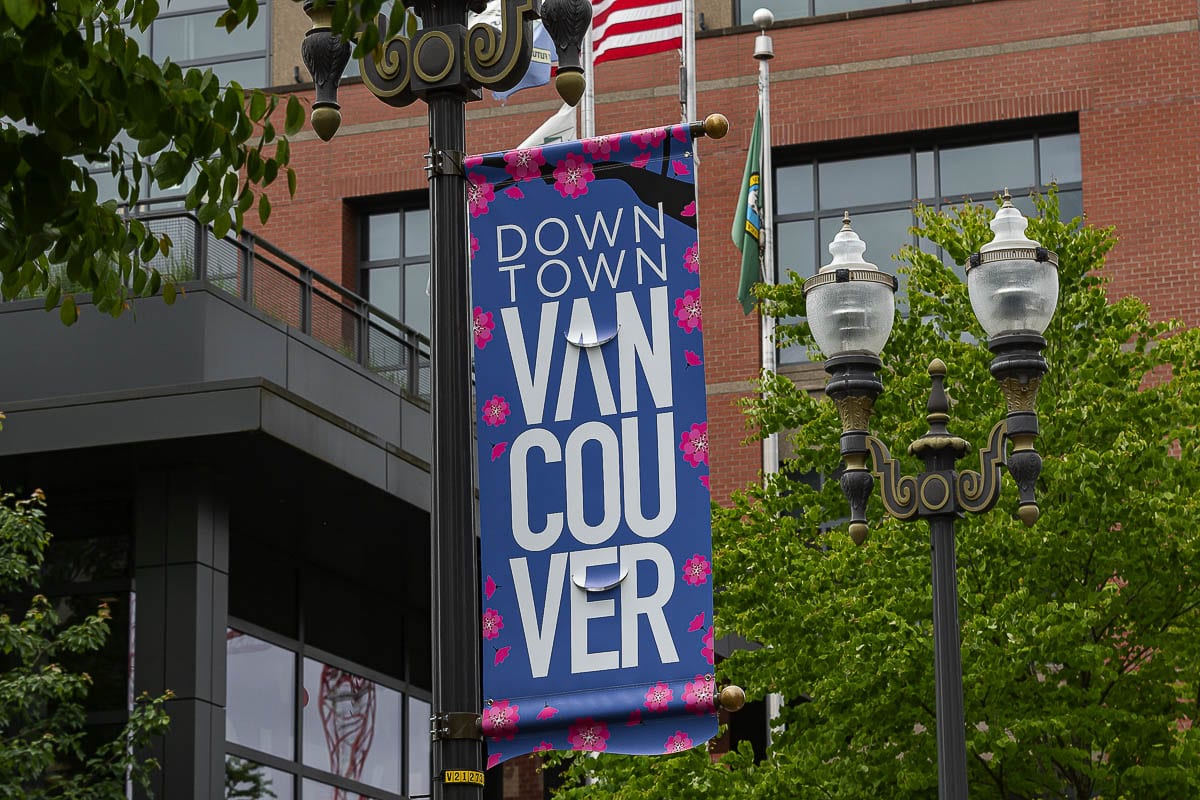The final three months of the year could provide stiff headwinds
VANCOUVER — As city staff begin the long process of preparing a finalized biennial budget for the 2021-22 period, things are looking much less dire than six months ago.
At that time City Manager Eric Holmes told Vancouver City Council members he anticipated the COVID-19 pandemic would likely leave the city facing a budget shortfall of $45-60 million.

In response, the city implemented a hiring freeze, furloughed nearly 300 city staffers, and laid off more than 250 part-time seasonal workers. They also halted transfers between funds, and prepared to spend $15 million in reserves — nearly all of the money the city had set aside as a rainy day fund since the Great Recession.
“The city approached the pandemic in a very conservative way,” said Natasha Ramras, the city’s chief financial officer during a work session ahead of Monday’s virtual City Council meeting. “We froze certain expenditures that could have been frozen, suspended a number of initiatives, and delayed some just to give us some breathing room in time of an unprecedented uncertainty.”
So far, however, the city’s economy has rebounded much more sharply than those dire predictions of five months ago.
August sales tax revenues for the city were up to nearly $4.3 million, which was almost back to pre-pandemic levels.
First-half property tax payments were largely unaffected, though Ramras cautioned that second-half payments could be impacted by continued high unemployment levels.
Most impacted were business licensing fees, which fell from a high of nearly $270,000 in March, to just $732 in August. The city forgave a large number of business license fees through next May as part of a stimulus plan to assist local businesses impacted by the Governor’s stay home orders.
If revenues continue as predicted, said Ramras, the city may only need to use between $4-5 million in reserve funding for next year.
“Overall, the revenues keep coming in stronger than we had anticipated earlier in the year,” Ramras told the Council, “with the caveat that even in August, we’re still seeing the impact of the federal stimulus and the additional weekly unemployment subsidy that was available and in place until the end of July.”
Ramras is referring to the $600 per week federal unemployment insurance subsidy, which ended in July, and the stimulus checks sent out last June as part of the CARES Act approved by congress.
October is the first month the city will potentially see how people react to the loss of that additional stimulus funding, and whether they respond by tightening their belts and reducing spending.
Those habits could be further impacted depending on the conversations happening in Washington, DC, and whether a second stimulus package appears likely to happen any time soon.
From the CARES Act dollars, the city has so far received a total of $8.4 million to help offset the cost of responding to the pandemic. Requests for reimbursement began in September, and are expected to cover the cost of sanitizing buildings, federal leave for employees, and unemployment costs related to the pandemic.
A number of modifications to city buildings to increase safety as they begin to reopen are also expected to be funded through the CARES Act dollars.
Monday’s work session was only the beginning of the 2021-22 budget planning process. A series of additional work sessions and public hearings are scheduled before a likely vote on Dec. 7.




